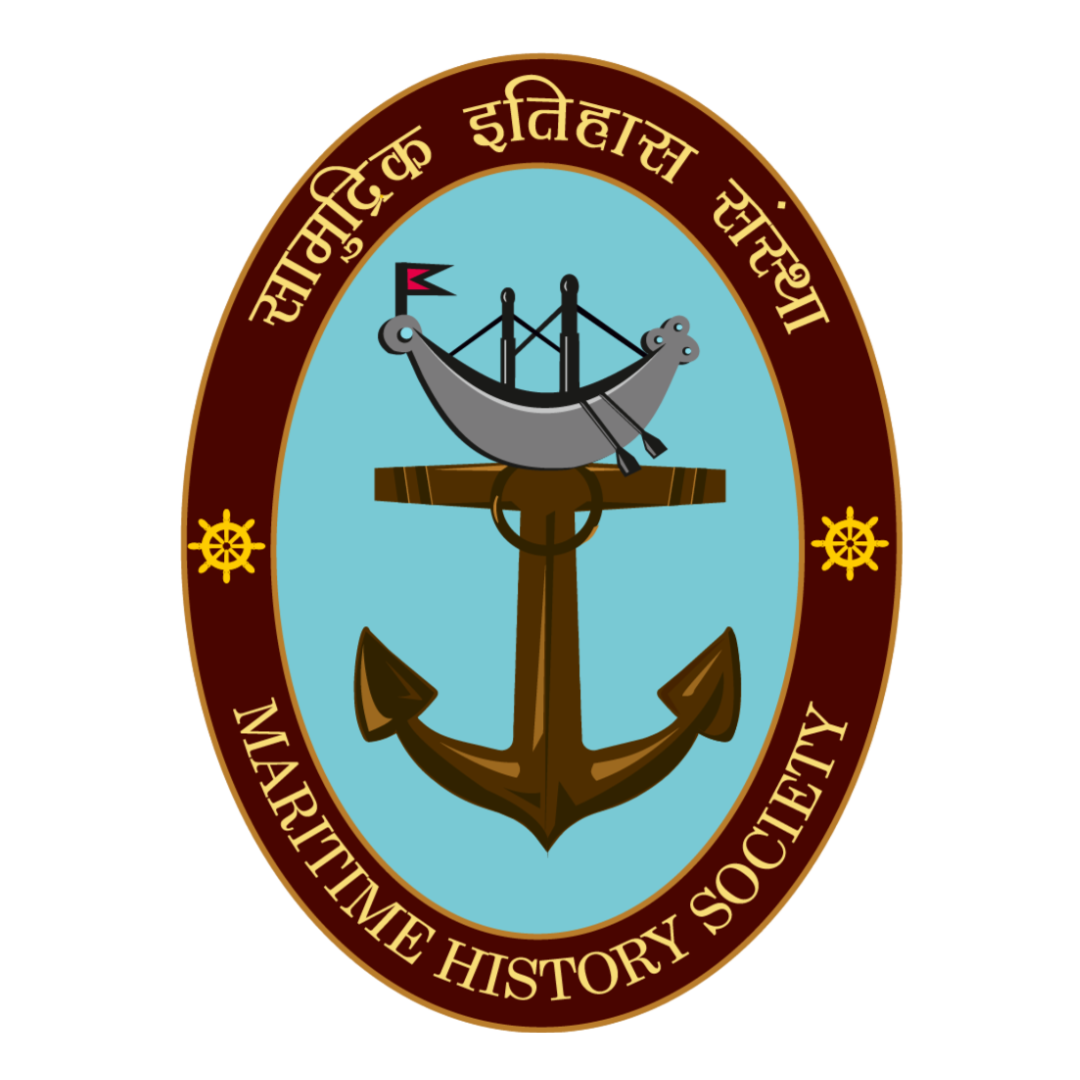The birth of Jesus is widely known as Christmas in India, owing to the predominance of the English language in the South Asian Subcontinent. It is also interesting to note that Christmas in many pockets of western India has a different nomenclature. In Goa, Maharashtra and Gujarat it is referred to as Natal, a word of Iberian origin but Portuguese to be precise.
As Goa remained a colonial settlement of the Portuguese in India for the longest time – approximately for four centuries. It is astonishing to note that Maharashtra and Gujarat which were part of the British Raj were still influenced by the linguistic sensibilities of the Anglosphere and retained a Portuguese loanword “Natal”
Although the history of Christianity in India can be dated to the early centuries of the common era. Its distinctive cultural idiosyncrasies might have surfaced only in the colonial period – a period also called “the era discoveries”. The Portuguese and the Spaniard were the first medieval European maritime powers on the prowl for new territories to conquer. The Spanish went west and the Portuguese came east this was possible due to the order of Papal bull, an edict passed by the Pope in Rome legitimizing conquest of any new territory done by the Catholic kingdoms of Spain and Portugal. As the portuguese headed eastwards, the first Indians to come in contact with them were the Gujarati merchants of Malindi.1 The Gujaratis were a Maritime people from the days of the Harappan era and they continued to be so in the Late medieval period.When the Portuguese arrived the Gujarat merchants were actively trading in cotton and silks in the East African coast with rulers of Zanzibar and Mafia as noted by Barbosa (1480- 1521), the Portuguese traveler. It is obvious that Vasco, the first explorer of India by sea, would have encountered these Gujarati merchants and sought their advice to reach India. To cut the long story short, ever since the days of Vasco da Gama’s arrival in the Indian ocean the Gujaratis (Merchants) were in mercantile/navigational interaction with the Portuguese and continued to do so until the latter left for good in 1961. The constant mercantile conversation with the Portuguese by Gujarati seafaring merchants would have been the reason for borrowing of many Portuguese words including Natal (Christmas) into the Gujarati lexicon.
The word Natal would have entered the Marathi lexicon in a slightly different way. Unlike with the Gujarati merchants the Portuguese interaction with the native potentates on the Konkan coast was mostly political rather than just mercantile. When the Portuguese arrived on the Indian coast they were in search of terra firma from where they could launch their activities in the Indian ocean region.
Taking advantage of the internal turmoil plaguing the Konkan Coast The Portuguese found suitable ground for building enclaves in the Indies. In Goa taking advantage of the vacuum left by the conflict between the Adil Shahis and the Vijayanagara, the Portuguese wrested control over Goa after fighting off the Adil Shahis. In North Konkan the Portuguese had an easy entry they were gifted the city of Bassein, its adjoining Islands and Sea by Sultan Bahadur of Gujarat, who was apprehensive of the growing Mughal power.2 Soon after acquiring these regions the Portuguese in their zealotry started imposing their religion, language and everything accompanying that on the locals. The neo-converts adapted and adopted Portuguese names including Portuguese sensibilities and small parcels of Portuguese vocabulary. These neophytes were Marathi and Konkani speaking and it is through these neo-converts that the word “Natal” got registered in the Marathi dictionary.
Thus sea played an important in the absorption of Portuguese words in Indian vocabulary. Natal is just one example of it. Words like meza (table), chavi (keys) ananas (pineapple) toalha (towel) etc. find usage in mainstream Indian languages. In this Christmas season let us think of the maritime elements in Christmas and how they are part and parcel of our cultural ethos.
References.
- Abu-Lughod, Janet L.. Before European Hegemony: The World System A.D. 1250-1350. United Kingdom: Oxford University Press, 1991. P 272
Gait, Edward. Census of India, 1901: Bombay and Bombay (Town and island) (6 v.). India: Office of the Superintendent of Government Printing, India, 1901. P 31



0 Comments